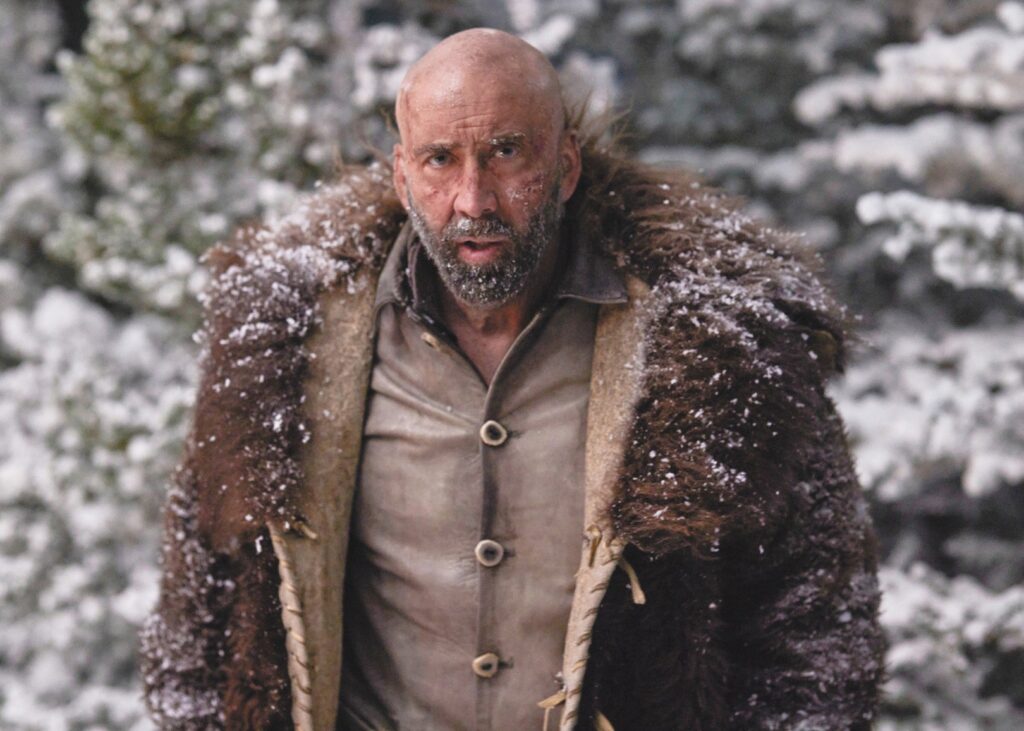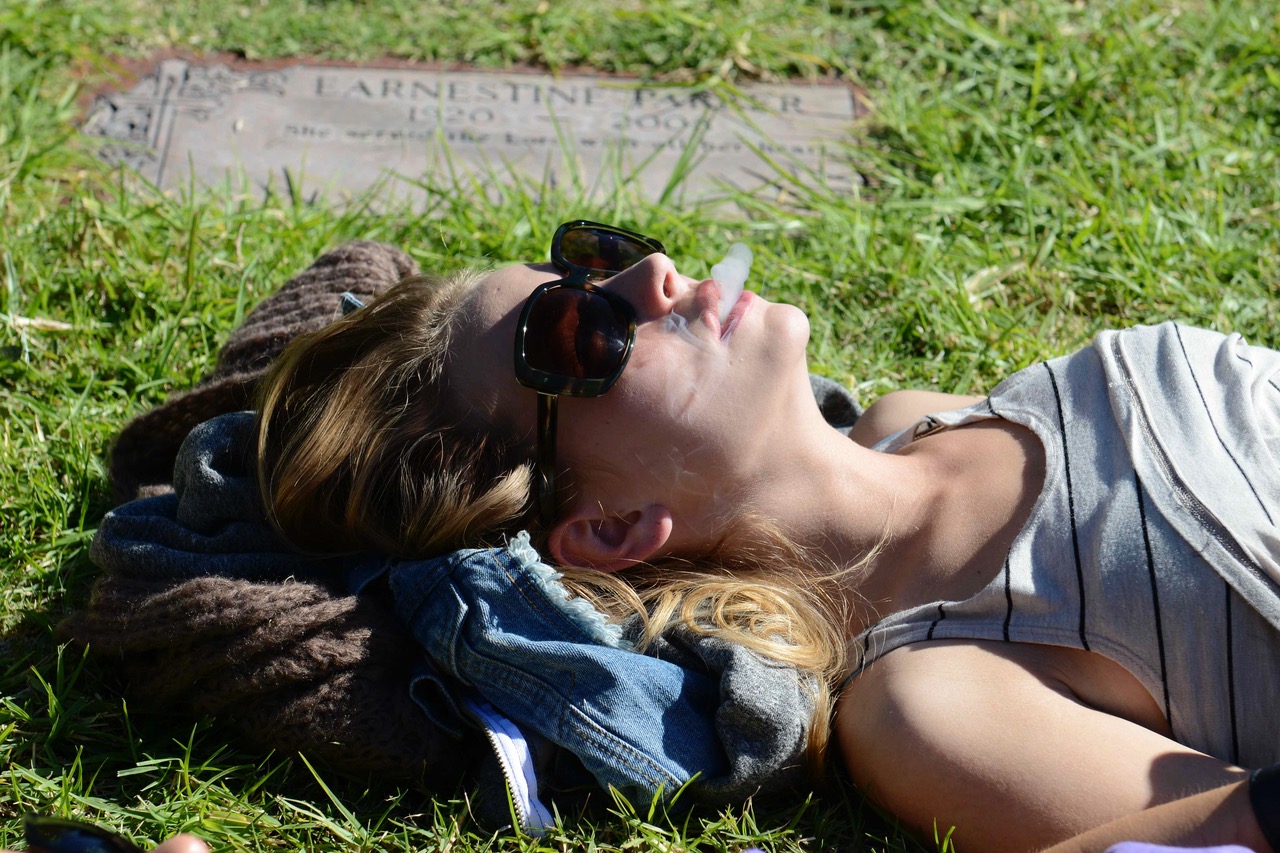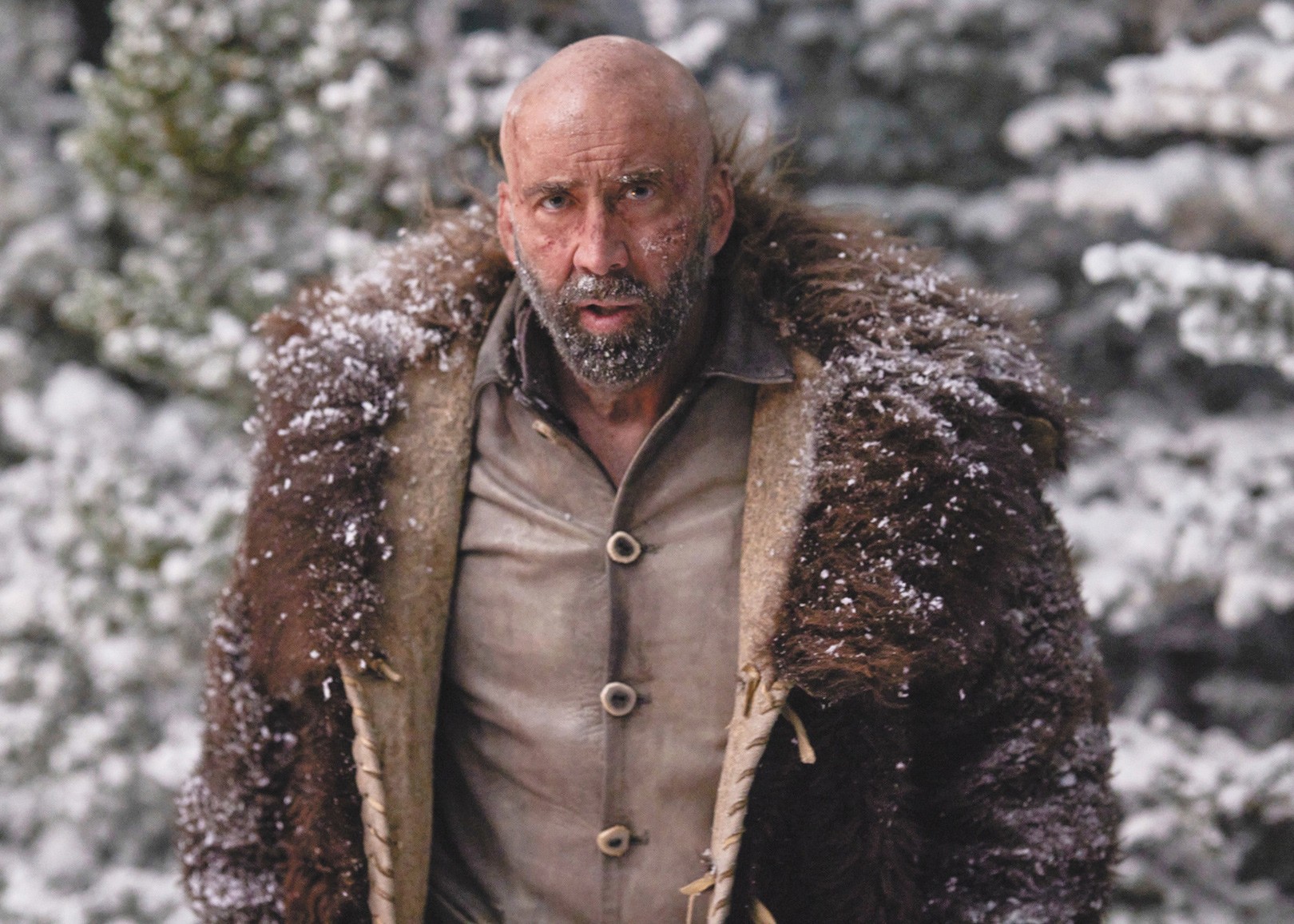
Butcher’s Crossing is a powerfully dramatic film that grabs hold of its audience’s attention from the start and never lets go until it’s finished. It’s an equally stunning and saddening historical lesson that examines America’s continuous disrespect towards and mistreatment of animal lives. It offers an eye-opening depiction of commerce taking over morality in America’s past, shedding light on its significant presence today.
A Harvard student (Fred Hechinger) takes a break from his studies and searches for life experience by traveling the Old West. He soon finds himself on a dangerous and elongated buffalo hunting expedition led by an inhumanely determined rifleman (Nicolas Cage) whose belief that he is on the hunt of a lifetime may or may not be the product of delusion. The hunt grows longer and more dangerous than initially predicted, and the men are forced to brave severe weather while trying to earn their fortune.
The film is beautifully shot by cinematographer David Gallego, who captures the American wilderness with painterly precision and detail. The camera consistently hangs back and lets scenes unfold in longer takes with a distanced subtlety, allowing the action to naturally progress without over-reliance on editing or unnecessary multiple set-ups. The images that comprise Butcher’s Crossing are endlessly beautiful, but they are able to be so without overshadowing the film’s story, characters, or action.
Editor Nic Pezzillo impressively keeps the film moving forward with a steady momentum. There is certainly plenty of adventure in the film, but the slower moments are just as important for character and thematic development. The film is able to switch gears between fast and slow, loud and quiet, and grand and small in a completely organic way that always flows smoothly. The exciting moments and the softer moments work congruently to create a rich and full experience.
Co-writer (based on John Williams’ book) and director Gabe Polsky seems to understand that the success of Butcher’s Crossing is as reliant upon properly conveying its message and history as it is on riveting its audience dramatically. He achieves both marvelously, as the film consistently reaches its audience through both keen intellect and visceral emotion. Few films are able to entertain, move, and enlighten in as effective of a manner as this one does.
Hechinger is the innocent and naive vessel through which the audience experiences the film’s harsh reality. His shock, disbelief, and determined willingness to continue on the hunt are deeply conveyed by the actor, making the tragedy and the confusion of the situation easily felt by the audience. Cage is quietly forceful, focused, and largely unemotional in his role of a sociopathic and blindly ambitious hunter. The actor impressively ignores the opportunities for his trademark theatrical grandness in favor of something more controlled, calculated, and utterly disturbing.
Butcher’s Crossing is a thought-provoking examination of America’s destructive, cruel, and wasteful past. It is also a thunderous, thrilling, and memorable piece of filmmaking that contains finely developed and complexly layered characters. It is a film that has many aspirations and impressively, fascinatingly, and unforgettably manages to deliver on all of them.
GRADE: A



